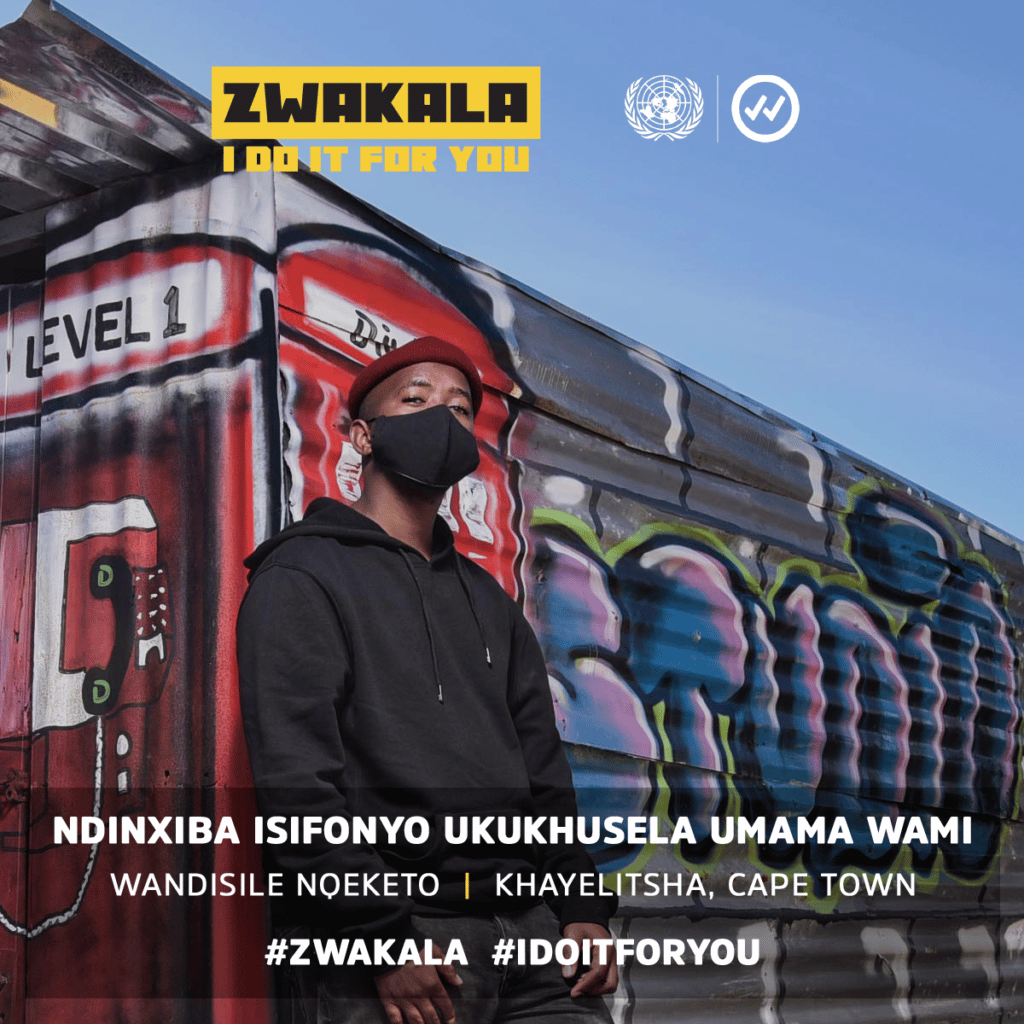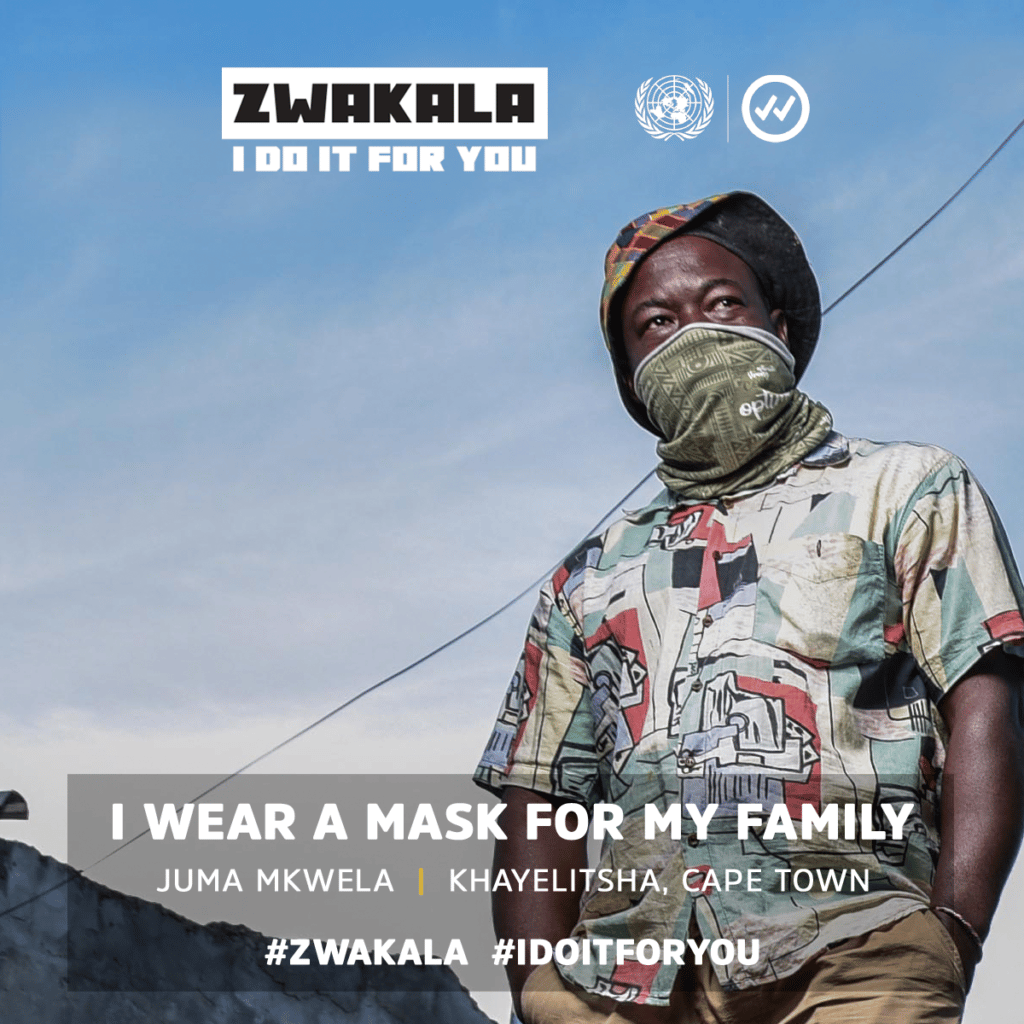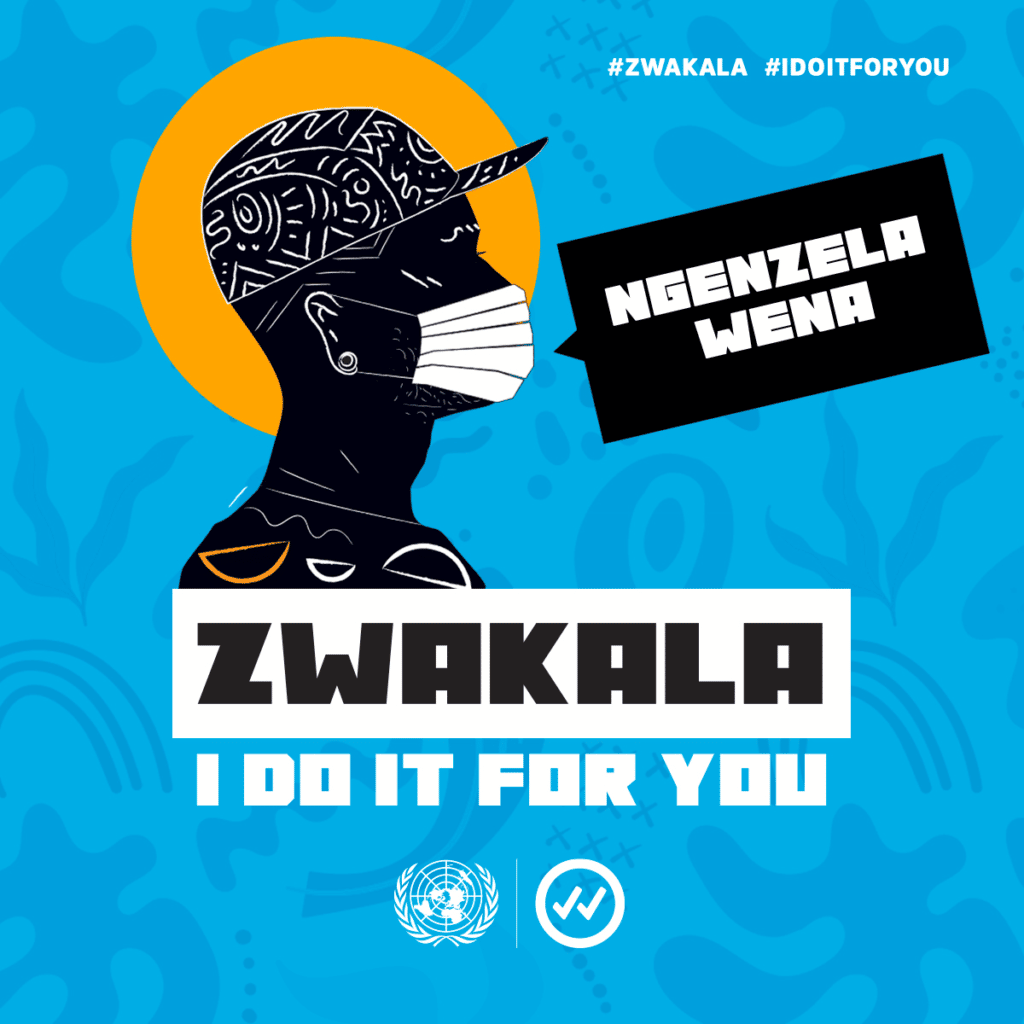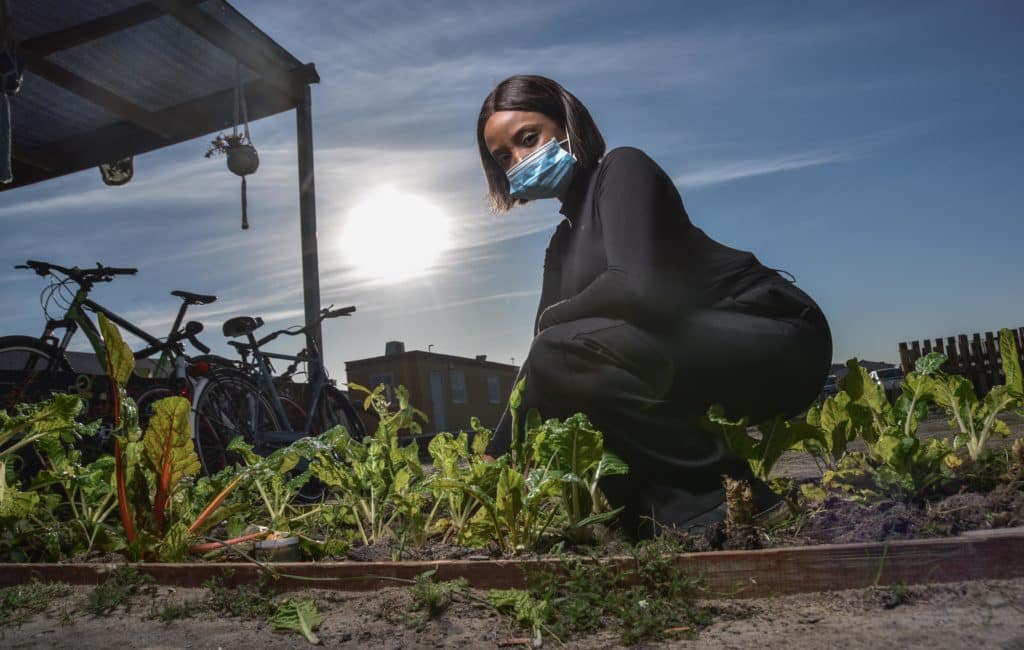Using Evidence-based Insights to Create Behavior Change
Using Evidence-based Insights to Create Behavior Change
Increasing COVID safe behavior in South Africa
“A lot of campaigning focuses on celebrities, high profile influencers, and general audiences. They don’t always explore the power of specifically targeted campaigns that use micro-influencers and community champions as the primary voices. Elevating community voices increased trust, support, and, most importantly, buy-in, for our messaging. This increased the impact of our campaign, helping us to shift social norms in the community.” – George Mwangala, Associate Campaign Director with Verified

Communications can effectively change behavior, but they have to be done in the right way. For Zwakala, our initiative to promote mask wearing and vaccination in Khayelitsha, a township in Cape Town, South Africa, we used evidence-based insights on persuasion and behavior change to create a relevant and effective campaign.
Based on our research, we designed a campaign to shift social norms—how people think their peers feel or act—around COVID-safe behavior and increase our audience’s sense that they and their loved ones were at risk from the virus.
We designed our campaign in collaboration with local community champions who had everyday interactions with young people in the township. This created a campaign that was contextualized by, and grounded within, the community, and fostered a sense of local ownership. The results were sharp, friendly and local and helped establish COVID safe behavior as a social norm in the community.
Behavioral science research told us we needed to increase people’s risk perception, the feeling that there is a threat to themselves or their loved ones, while also empowering them to feel like they can do something about it. Our focus groups and social listening revealed that young people in Khayelitsha didn’t feel at risk from the virus; they were, however, concerned about their older family members and the people in their community. This led us to emphasize the risk of COVID-19 to the wider community, and how young people could lead the way on reducing that risk through the simple act of wearing a mask.


The success of the Zwakala campaign led the South African Government and partners like UNICEF to adopt its model. It was expanded nationally in South Africa, with a messaging focus on vaccine confidence and uptake. The campaign tool-kit we created for our partners, including the United Nations’ Information Centres, has allowed them to adopt the model for campaigns in other regions. Our current campaign in Kenya is also following this model, in partnership with the Kenya Ministry of Health.
If you want to find out more, read our insights on using evidence-based Insights to create impactful campaigns.

